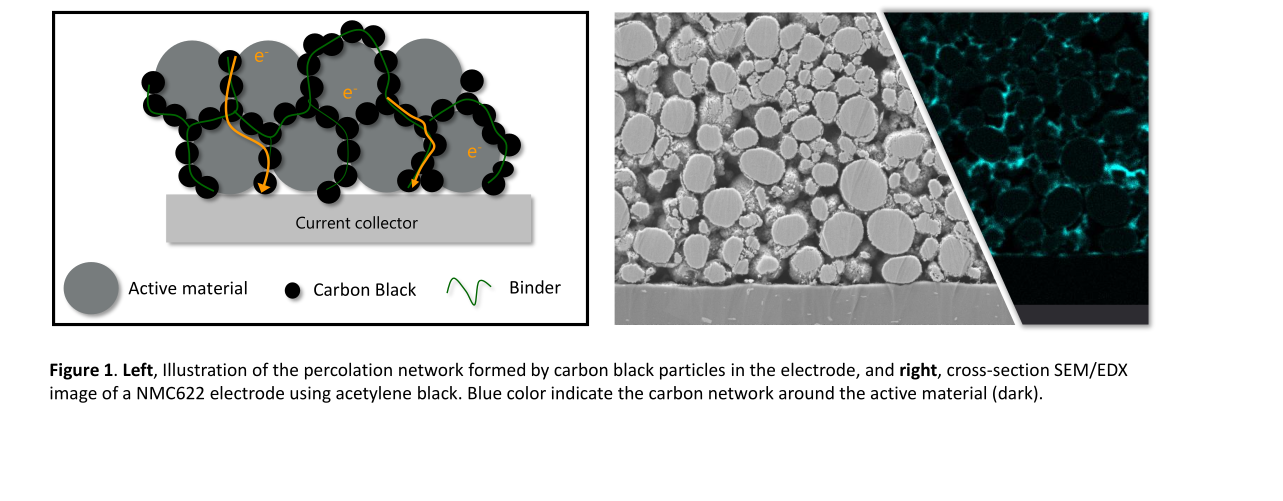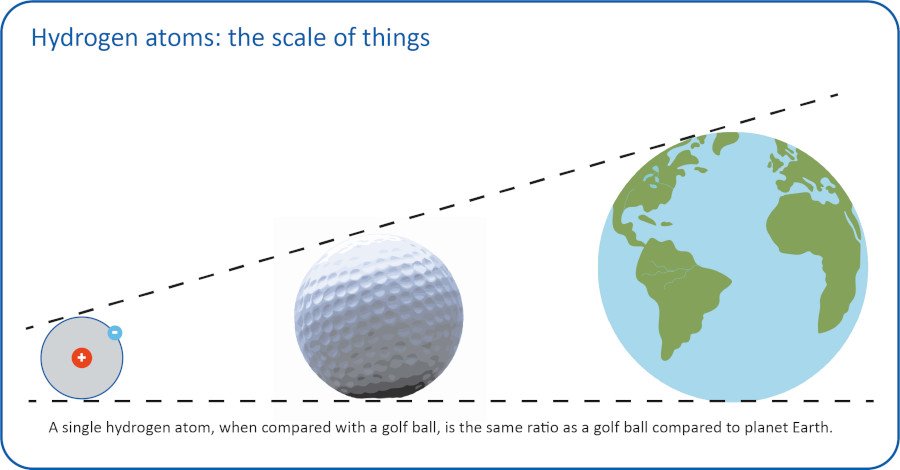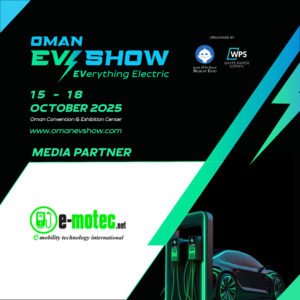
Frank Muehlon, President of ABB’s E-mobility division
Looking back over the last 10 years, it is amazing to see how far the industry has come in changing perceptions and adoption rates of Electric Vehicle (EV) technology.
Back in 2010, who would have thought it would be possible to charge a bus in under six minutes, drive over 200 miles in your own EV without recharging it or travel across an entire city on an electric bus network?
Ten years ago, the concept of long range pure battery electric vehcles and full EV commercial fleets was very much a vision. Now, it is very much a reality, with ABB leading the charge in developing new technology and integrated solutions that will continue to drive our EV future.
ABB helped to shape this young industry from the start, and over the years we have delivered many first to market technologies in DC fast charging.
If you look at the results we have delivered in Europe, the Americas and South East Asia, ABB now has the largest installed base of DC fast chargers, which gives us a huge amount of data and experience that we can use to further shape growth in the market.
And, this has only been possible because of our fantastic team, who have the passion and dedication to make it a reality.
There have been some key milestones on our EV journey to date that have helped to drive this shift. Starting with the acquisition of the Epyon DC fast charging company in 2011, which became the nucleus for all future development.
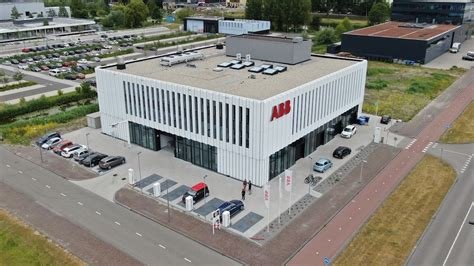
In 2013, ABB was the first company to develop networks of 50 kW chargers, spanning complete nations. This was paired with a unique cloud-based service for remote monitoring and servicing of chargers, which was a real game changer for connectivity and which is now part of the ABB AbilityTM ecosystem.
More recently, in 2018, ABB was the first to market with our liquid cooled full 350 kW capable charging technology, which delivers higher power and charging speeds. This was followed at the start of 2020 with the acquisition of Chinese EV charging provider Chargedot, which gives us a stronger entry into the largest e-mobility market in the world and broadens our portfolio of DC and AC fast charging.
Over recent years we have seen a marked shift in consumer perceptions, with the environment having a greater value than it has ever had before. People want to live in a cleaner, less noisy and less polluted environment and they are willing to take steps to make this happen and this is where EV comes into its own.
This will continue to drive increasing demand for EV’s compared with traditional combustion engines, together with demand for longer range and higher power charging through larger battery sizes.
As a result, the future for the sector looks positive. We see strong growth happening, with EV’s transitioning from the realms of novelty 10 years ago to becoming our new norm.
As consumers become agnostic to whether they drive a petrol or diesel car but become more focused on whether they drive an electric or non-electric car, many markets will follow the trailblazing approach of Norway,
On the innovation front, there will be some exciting developments to come. Our e-mobility headquarters and R&D center on the university campus in Delft is now fully operational, giving us the ability to test technology and interoperability. It is so large that we can even test a bus or truck inside the building, which creates a great environment for innovation where our engineers can really focus on improving our hardware solutions. Meanwhile, in Q4 this year we will open our new top-end and enlarged manufacturing hub in Tuscany to better serve the increasing sector demands.
Of equal importance is the development of software innovations. For example, we recently announced our collaboration with Amazon Web Services (AWS), an Amazon.com, Inc. company, to jointly -with our new venture in Berlin- develop a cloud-based digital solution for the real-time fleet management of EVs. The solution will optimize the efficient use of EVs and speed up the electrification of transport fleets, helping operators worldwide maintain 100 percent business continuity as they transition to fully electric.
With continued evolution and innovation across the sector, we will see a marked shift, where everything is connected electrically, and shared mobility alongside electric fleet management will becomes the norm. Looking ahead, we expect to see a big increase in market share, with 25-30 percent of new vehicles hitting the market being electric. Some industry experts predict that this could be as high as 50 percent, demonstrating the true potential of EVs to create a more sustainable world and an exciting opportunity for all stakeholders involved.





